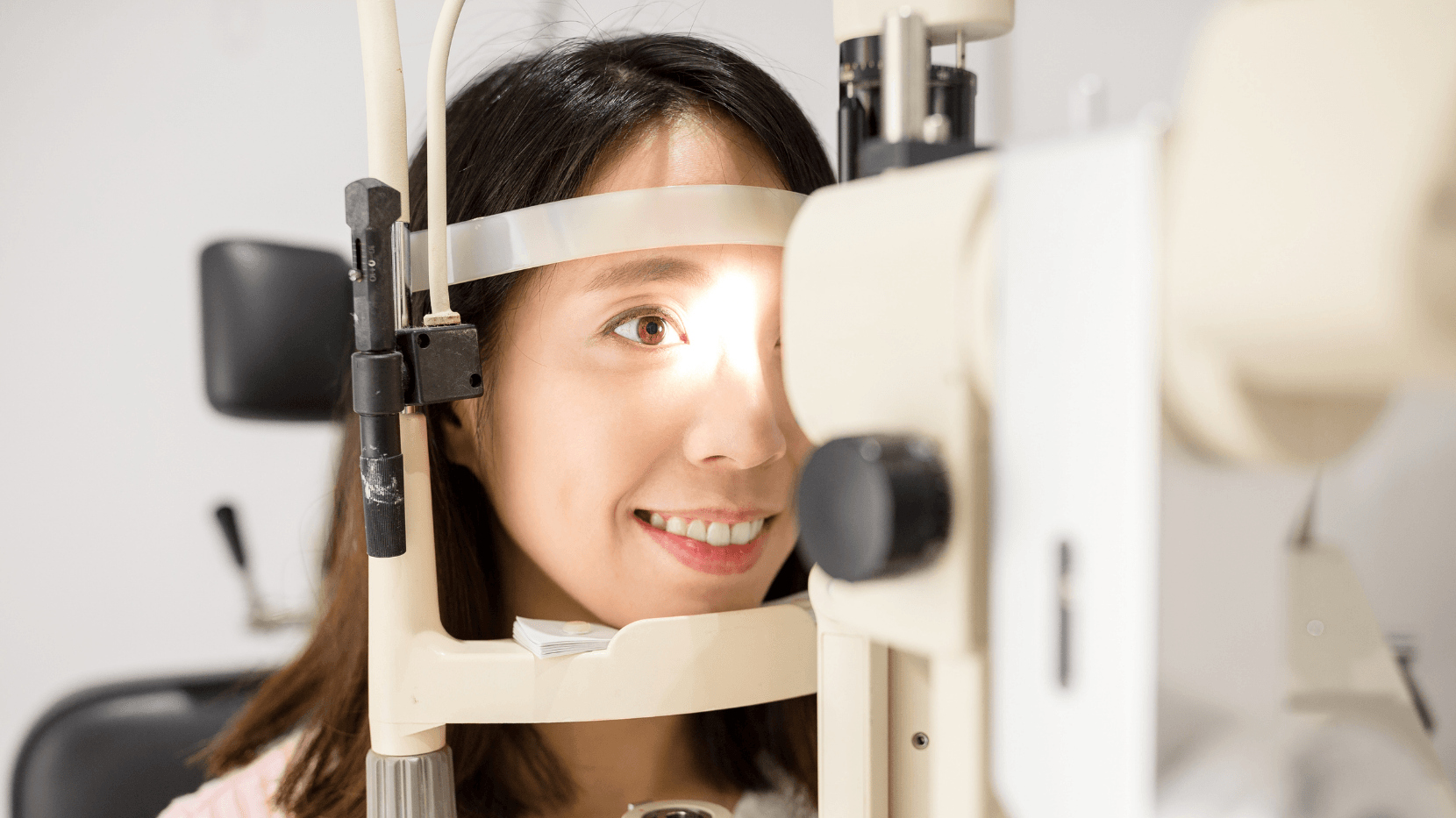
We Proudly Accept Medi-Cal and Medicare
Write your caption hereButton
Now Accepting Walk-ins!
Write your caption here

We Proudly Accept Medi-Cal and Medicare
Write your caption hereButton
Now Accepting Walk-ins!
Write your caption here

It’s one thing to think you’re healthy. It’s a different thing altogether if your doctor can confirm it. When you’re not suffering from any symptoms or conditions, visiting your doctor might be the last thing on your mind. We get it. Doctor’s visits are often only associated with treatment and rarely with prevention.
It’s time to put that mindset aside and become proactive in managing your health. Seeing your doctor at least once a year goes a long way in preventing severe health problems from developing down the line.
One lesson we can all take from the pandemic is that we should never be complacent about our health. Regardless of your age, race, or gender, it’s important not to skip your yearly physical exams.
What to Expect From Yearly Physical Exams
Annual wellness checkups help you and your doctor assess your overall health condition and detect any potential health risks. They also highlight which area of your health you need to pay more attention to so you can avoid more severe complications down the line. It’s your first line of defense against chronic and life-threatening diseases like diabetes, heart disease, cancer, and many more.
On top of reviewing your medical history, your doctor will also conduct a slew of
tests during your wellness checkup. That includes anything from a general physical assessment to heart, lung, head, and neck exams. It might also be specific tests like a prostate exam for men and a pelvic exam for women. Your doctor may also request laboratory tests to examine your blood or urine.
Here at Allmed, we conduct these tests and screenings while still
strictly adhering to COVID safety guidelines. That way, you and your family are entirely safe when you visit us for your annual physical exam.
Having your overall health examined at least once a year is crucial for the early detection of suspicious symptoms before they pose a threat to your health.
Here are some of the screenings, tests, and procedures you can expect or ask us about for more information.
Diabetes and Diabetic Retinal Screening
Risk factors like family history, being overweight and having high blood and cholesterol levels are the basis of whether or not your doctor will advise you to get screened for diabetes. One of the most common tests used is the A1C test. Widely regarded as the modern industry-standard, an A1C test measures your average blood glucose count over a 2-3 month period. It also doesn’t require fasting, making it easier to conduct the screening at any given time.
Diabetes is a complex condition that can lead to many other health problems, with one of the most common being
diabetic retinopathy. A scarring of your retina due to high blood sugar levels, diabetic retinopathy can lead to blurry eyesight and even vision loss.
If you’re 22 or older and have been previously diagnosed with diabetes, your doctor might recommend you to get diabetic retinal screening — a test to check your eyes for lesions, which are indicative of retinal damage. It's recommended you undergo the screening every two to three years.
Our retinal screenings here at Allmed involve no human intervention, thanks to the
IDx-Dr. This FDA-approved autonomous AI device scans your eyes and analyzes images through a retinal camera.
Screening For Different Types of Cancers
While annual physical exams don’t necessarily detect all types of cancers at once, your doctor can recommend tests for specific types of cancers you might be at risk from based on your sex, current health condition, and medical history.
If you are 55-80 years old, for example, and have a history of or are still currently smoking, a
CT scan for the lungs might be warranted. On the other hand, some cancer screening types like colonoscopies are recommended based on age, family history, and overall health condition.
Colonoscopies
A
colonoscopy is usually first recommended once you hit 50 years old, although a new U.S. Preventive Services Task Force (USPSTF) guideline seeks to lower the age threshold to 40. The standard interval of getting a colonoscopy is ten years. However, if you or a family member have a history of bowel diseases, you should get a colonoscopy as often as your doctor recommends.
Mammograms
Increased age is one of the most, if not the most, significant
risk factors for breast cancer. That’s why we highly recommend yearly
mammograms for women aged 40 and older. Family history is another risk factor you need to be aware of. If any woman in your family has had breast cancer before, it might be best to consult with your doctor about getting screened earlier than 40.
Like most tests and screenings, mammography is not perfect. However, you can remedy those limitations by regularly doing a breast self-examination. Some symptoms to watch out for are dimpling, puckering, or bulging of the skin, as well as inverted nipples, redness, soreness, rash, and swelling. If you observe any of these changes, bring them to your doctor’s attention immediately.
Pap Smear & HPV Screening Tests
Your annual wellness exam is also the best time to talk to your doctor about your sexual health. The Human Papillomavirus (HPV) is one of the most common sexually transmitted infections (STI) and the
leading cause of cervical cancer. Depending on your risk factors, your doctor might advise you to either get vaccinated, get Pap tests, or both.
The Gardasil vaccine is available for women between ages 9 and 45 to protect them against HPV. For adults older than 26, though, we recommend that you consult your doctor before getting the vaccine to help you weigh your infection risks and potential benefits.
Even after getting all the recommended Gardasil shots, it’s still crucial for women under 65 to
regularly get Pap tests. While the recommended interval is every three years, you can extend it to every five years if paired with an
HPV test.
A Small Price to Pay For Better Overall Health
It’s easy to discount the possibility of a looming illness, especially if you don’t feel any symptoms yet. However, many chronic conditions don’t cause visible or apparent signs during their early stages but will eventually sneak up on you. That’s what annual physical exams are for — to detect any potential health risks and prevent them from becoming life-threatening.
Considering the many health benefits you’ll get out of it, the couple of hours in your day you’ll spend on your annual physical exam are well worth the time.
AllMed Medical CentersServing
Greater Sacramento
Allmed Medical Center | All Rights Reserved.














